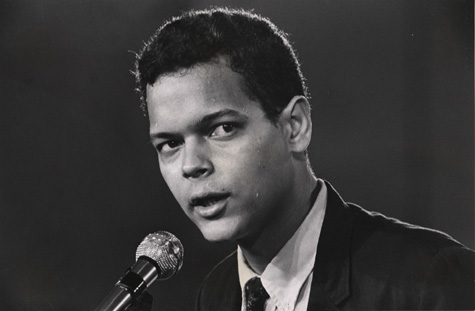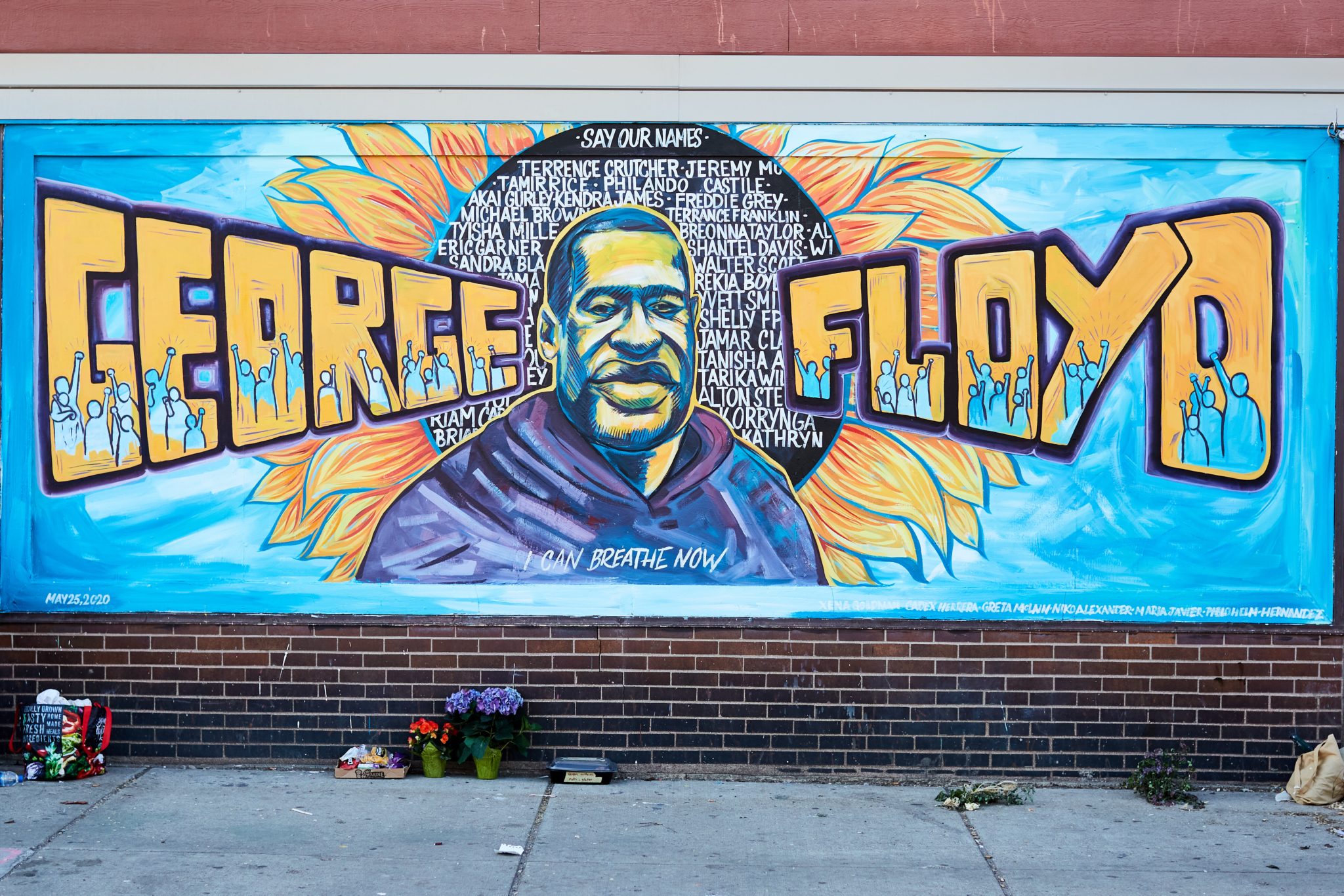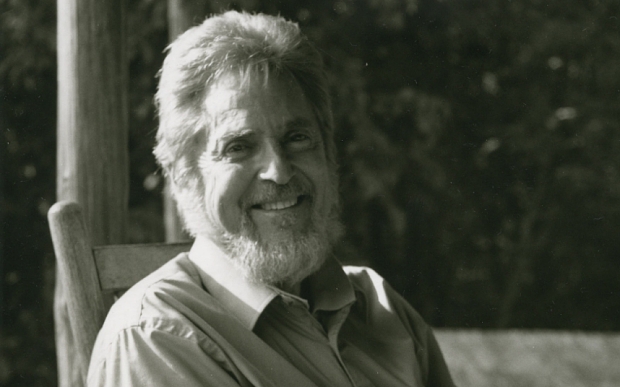Yesterday, long-time civil rights organizer and social justice warrior Julian Bond passed away at the age of 75. His legacy reads like a map of the African American civil rights struggle in the US: from co-founding the Student Nonviolent Coordinating Committee and the Southern Poverty Law Center, to sitting 20 years in the Georgia State Legislature and being elected Board Chairman of the NAACP. Some very moving statements and retrospectives have been making the rounds, including from President Obama, who said that Julian Bond “helped change this country for the better. And what better way to be remembered than that.”
Here at Cultural Organizing we would like to remember another piece of Julian Bond’s legacy — his poetry. Bond was an English major at Moorehouse, where he co-founded the literary magazine the Pegasus. Along with his many essays on race and politics, Bond’s early poetry has appeared in a number of anthologies and publications. These poems speak to Bond’s love of Black culture, his understanding of racial oppression, his commitment to the long, difficult work of social change, and his beauty as a person. Below are four of his most well-known poems.
Rest in Power, Julian Bond.
I TOO, HEAR AMERICA SINGING
This poem was written as a response to Walt Whitman’s, I Hear America Singing, and resonates with the language and spirit of Langston Hughes’, I Too (also likely a response to Whitman). The poem was published in the first issue of SNCC’s newsletter, The Student Voice, in 1960.
I too, hear America singing
But from where I stand
I can only hear Little Richard
And Fats Domino.
But sometimes
I hear Ray Charles
Drowning in his own tears
or Bird
Relaxing at Camarillo
Or Horace Silver doodling,
Then I don’t mind standing
a little longer.
LOOK AT THAT GIRL
In the video below, Bond reads his most famous poem, a couplet he wrote
in college.
Look at that girl shake that thing,
We can’t all be Martin Luther King.
THE BISHOP OF ATLANTA: RAY CHARLES
In this poem, Bond celebrates Ray Charles, whose combination of blues and gospel inspired many young African Americans in the emerging civil rights struggle. “Bond was quoted as saying about Charles, “He just seemed to me to be such a compelling personality. The voice, the music, the whole package taken together, pulled me in as it pulled in many, many others.”
The Bishop seduces the world with his voice
Sweat strangles mute eyes
As insinuations gush out through a hydrant of sorrow
Dream’s, a world never seen
Moulded on Africa’s anvil, tempered down home
Documented in cries and wails
Screaming to be ignored, crooning to be heard
Throbbing from the gutter
On Saturday night
Silver offering only
The Right Reverend’s back in town
Don’t it make you feel alright????????
HABANA
According to Bond, this poem was based on conversations he had during his first trip to Cuba as a nineteen-year-old college student at Morehouse, soon after the Cuban Revolution.
Soldiers fuzz the city in khaki confusion
Pincushioned with weapons
Seedy orange venders squeeze among the pulpy masses
Camera pregnant tourists click down the Prado
Lotería salesmen tear along the dotted line
Guitars pluck loafers into corner bars
Uniformed schoolgirls genuflect languorously
Climactic roaming rainbow dresses cling slowly
Punctuating neon orgasms in the mambo night
And above Fidel’s sandpaper voice,
“You want a girl, maybe?”



